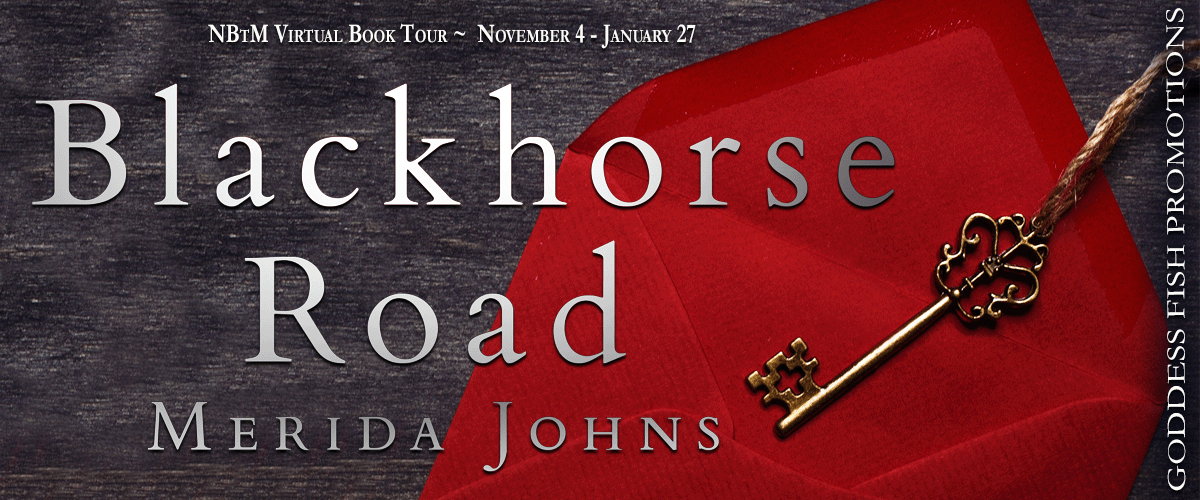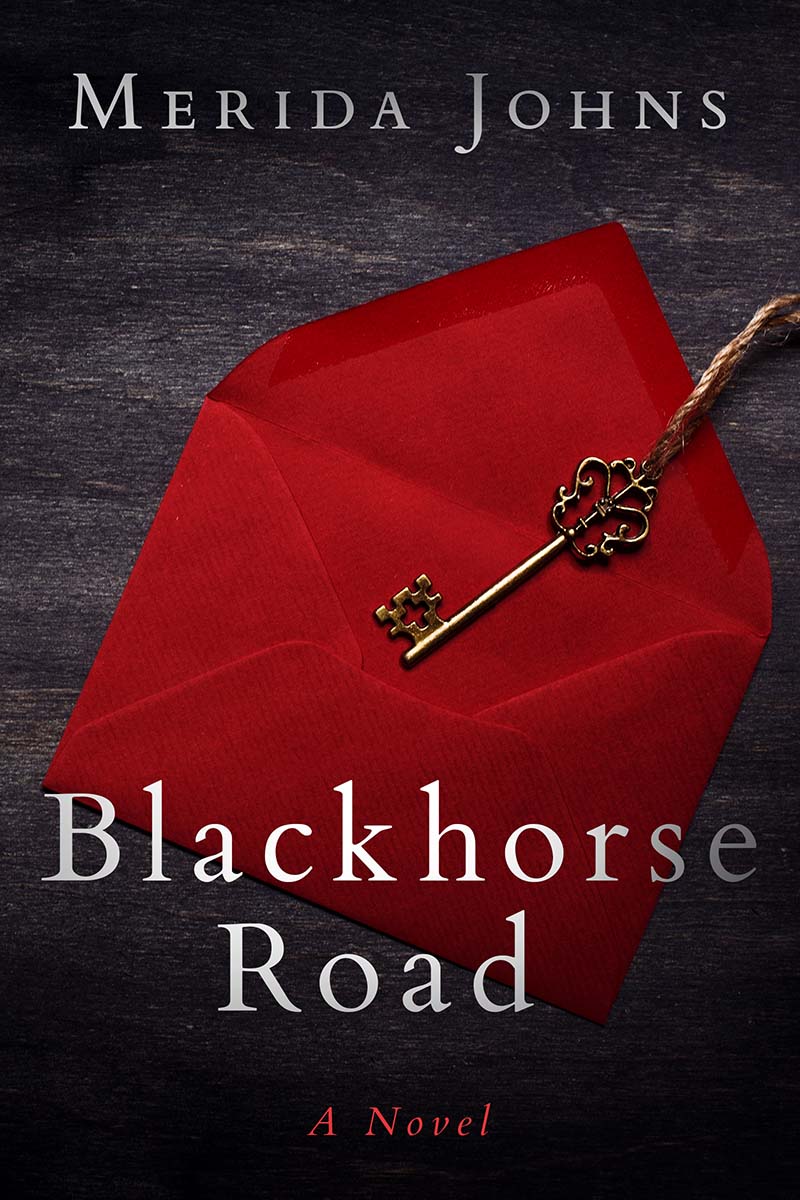
What a super topic! Blackhorse Road is filled with family dynamics and drama, and there’s a great need for forgiveness.
Writing Blackhorse Road, I had to decide on the protagonist’s black moment—the point in the story where all seems lost. Would it be betrayal, abandonment, shame, loss of love or hope, the fallout with a loved one, or despair over a wrong choice? Luci’s black moment is a combination of betrayal, loss of hope, and love. But I asked myself, “What forces her up? What gives her the grit to carry on? What is that one factor that helps Luci overcome her black moment? What allows Luci to transform?”
Luci’s change comes through finding the path to forgiveness. To authentically write about Luci’s transformation from anger, despair, and self-doubt to a person who could open her heart to love and kindness, I had to follow the forgiveness path, too. I had to dig deep into my experience and observation of others on a forgiveness path. The research tells us what forgiveness is and what it is not, and how essential it is for keeping us whole, happy, and fulfilled.
Luci begins to think about forgiveness by asking herself: “How can people be resilient and healthy if they are unforgiving and hold on to anger, resentment, and thoughts of revenge that trigger stress?”
But Luci knows that deciding to forgive and saying that she forgives is not enough. To understand forgiveness, Luci must move to a deeper level to eliminate her rage and animosity. As Luci walks down the forgiveness path, I learned from her that forgiveness is not about excusing or reconciling. Instead, it is about freeing yourself from resentment, anger, bitterness, and the desire for retribution.
I hope that Luci’s journey to fulfillment and transformation is as enlightening for my readers as it was for me.

 Under another hand, Blackhorse Road could all too easily have been a singular romance. Johns provides more as she follows Luci down the rabbit hole and out the other side of life experience, bringing readers into a world where . . . transgression changes everything and challenges carefully-constructed foundations of belief and values. As Luci lets go of her lifesavers and navigates obstacles to happiness, her story becomes a vivid portrait of hope and self-examination which ultimately moves into unexpected territory. Novel readers seeking a tale that closely considers deception and forgiveness, love gained and lost, and family ties will welcome the multifaceted Blackhorse Road’s ability to come full circle in a satisfyingly unexpected way. – D. Donovan, Senior Reviewer, Midwest Book Review
Under another hand, Blackhorse Road could all too easily have been a singular romance. Johns provides more as she follows Luci down the rabbit hole and out the other side of life experience, bringing readers into a world where . . . transgression changes everything and challenges carefully-constructed foundations of belief and values. As Luci lets go of her lifesavers and navigates obstacles to happiness, her story becomes a vivid portrait of hope and self-examination which ultimately moves into unexpected territory. Novel readers seeking a tale that closely considers deception and forgiveness, love gained and lost, and family ties will welcome the multifaceted Blackhorse Road’s ability to come full circle in a satisfyingly unexpected way. – D. Donovan, Senior Reviewer, Midwest Book Review
It’s the turbulent mid-1960s, and Luci, an eighteen-year-old Southern California girl, is on the quest for self-determination and new beginnings. Three powerful forces influence her values: the grit of her Irish great-grandmother, Lucinda McCormick; the philosophy of choice of her father, Sam; and the 1960s ideals of equity and altruism. But potent foes thwart Luci at every turn. Her budding romance with a handsome United States Air Force Academy cadet sets the stage for conflict and deception that last for two decades. When Luci discovers how her autonomy and love affair were hijacked, she struggles with anger and bitterness. But from a surprising source, she finds a forgiveness path that restores her well-being and hope and, in the end, faith in herself.

Merida Johns will be awarding a $20 Amazon or Barnes and Noble GC to a randomly drawn winner via rafflecopter during the tour.
Please use this rafflecopter code on your post:

For three decades, I was a university professor who taught classes and wrote textbooks on “nerdy” subjects centering on computer systems in healthcare.
But a decade ago, informed by my experience in a male-dominated area, I started my practice as a leadership coach to help women break the glass ceiling and fulfill their leadership and economic potential. Consequently, during the past ten years, I transitioned from writing textbooks to motivational books on creating environments where people flourish through better leadership.
About a year ago, I was on a conference call discussing concepts of what makes a fulfilling life with fellow life coaches. Bang! Like a thunderclap, I had an insight. What would it be like to help people understand the concepts of a flourishing life in a story instead of through a motivational book or text? After all, I thought, storytelling has been the most compelling form of communication for thousands of years. As far as I could recall, none of the great prophets fed up learning objectives and multiple-choice questions to their followers. No! They got their message across through stories.
Motivational books and textbooks give frameworks, theories, and ideas, but they don’t immerse us in the human experience. They don’t show us how others face challenges, embrace their passions, overcome sorrow, celebrate achievement, quash self-doubts, develop positive emotions and relationships, handle betrayal, or act on aspirations.
Storytelling ignites our imagination and emotion. We experience being part of the story rather than being served up a platter of facts, exercises, and information.
This eye-opener was enough for me to take on the challenge of novel writing. My passion is to help people catapult beyond concepts and theories and jump into the wonderment of imagination in designing a flourishing life for themselves. Storytelling does this best.
Happily, as a fiction writer, I have jettisoned learning objectives and test questions. Ah…the freedom makes me feel as light as a balloon on a summer breeze.





















Thanks for hosting!
You’re welcome!
Thank you for hosting. I loved your interview question about dealing with family dynamics and forgiveness since this is a challenge many face and happens to be a major theme in Blackhorse Road. I’m hoping that your followers will enjoy.
You are most welcome and thank you! Your book sounds so good! =)
Great post, thanks for sharing!
Sounds like a great read.
The loss of hope is heavy to carry and makes for a great story